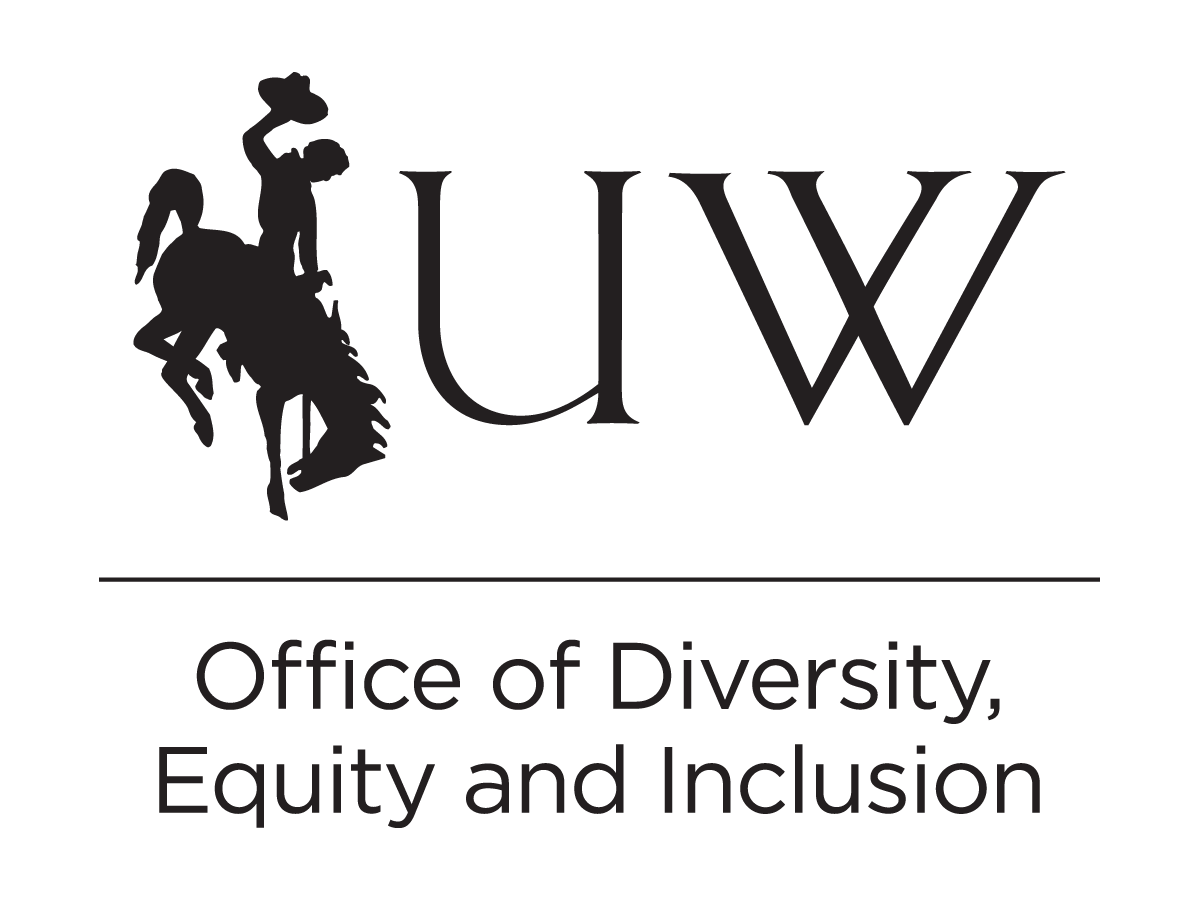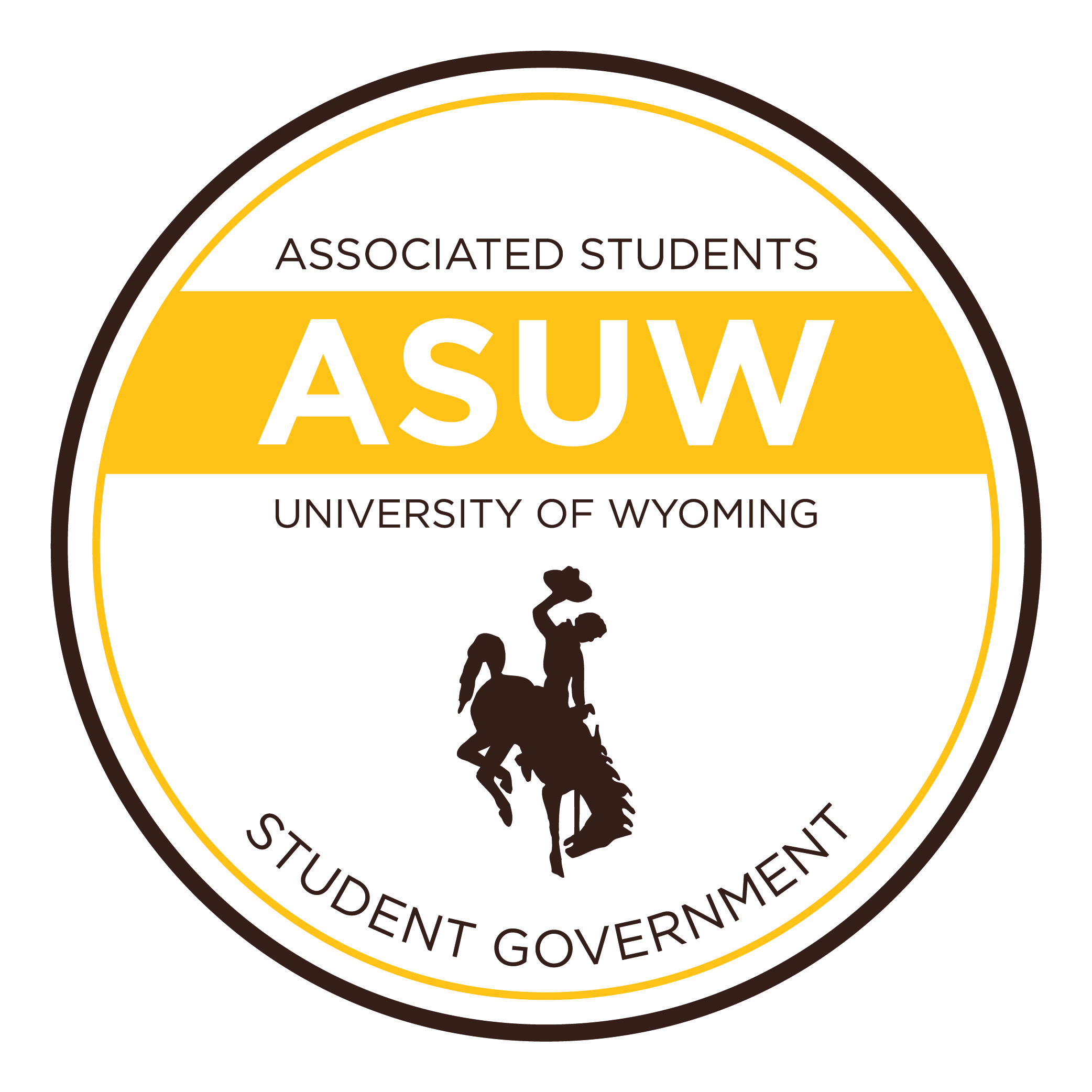Despite rumors of its dissolution, the UW Philosophy Department has merged with religious studies to increase efficiency and collaboration.
“We’re growing and doing exciting things,” Associate Professor in Philosophy Susanna Goodin, who will be taking over as head of the department in July, said.
Two of those exciting things will be increasing faculty to assist the merger. The Robert H.N. Ho Family Foundation New Professorship in Buddhist Studies awarded $300,000 as a bridge grant to hire an employee within religious studies. The award was given after the religious studies branch competed in, and ultimately won, the prestigious award. While a candidate is yet to be selected, the department is seeking to find a professor for this position.
The second hire of Professor Brad Rettler, from Notre Dame, for the metaphysics position will allow for a blending of philosophy and religious studies.
“I think the two hires are going to make this blended department kind of an amazing thing,” Goodin said. “But, along the way, we’re going to keep doing philosophy, we’re going to keep doing religious studies, but we’re also going to do this blend. It’s going to be exciting.”
Though these two departments share little in common, other than the same secretary and residing in the same building, they will soon be developing an MA program.
Goodin said that in hiring the metaphysician and a Buddhist scholar, questions like “what does it mean to exist?” and “what does it mean to have faith versus what does it mean to have knowledge?” will be explored in greater depth.
“The departments are starting to think about those kinds of collaborations and synergies,” Dean of the Arts and Sciences Paula Lutz said. “ They’ll have two separate curricula. They’ll continue to have two separate degrees, but there’s going to be a lot of course sharing and some interesting new avenues of research, which will benefit the students because new courses will come out of that.”
The department is currently in the process of developing a possible minor in computational epistemology, an area that draws on philosophy and computer science.
“We actually work on very similar problems,” Associate Professor of Philosophy Franz-Peter Griesmaier said. “We can get philosophers taking some courses in computer science and the other way around so that the philosophers learn some skills and the computer scientists learn the bigger picture of what they actually do when their coding stuff fits into the theoretical problems that are addressed in computer science.”
While some classes are cross-listed, Griesmaier is hoping to develop a course in the coming years for formal epistemology. This class would address the applied logic to problems in the epistemology theory of knowledge, how one should change their beliefs in light of new evidence, how to avoid inconsistencies and how to avoid formal problems.
“There’s some overlap,” Associate Professor of Philosophy Edward Sherline said. “We do philosophy of religion and theology has a lot of philosophy in it. Philosophy could merge with almost anyone and we could find some common ground.”
The department of philosophy and religious studies is stronger than ever and are providing more diverse courses for students.



